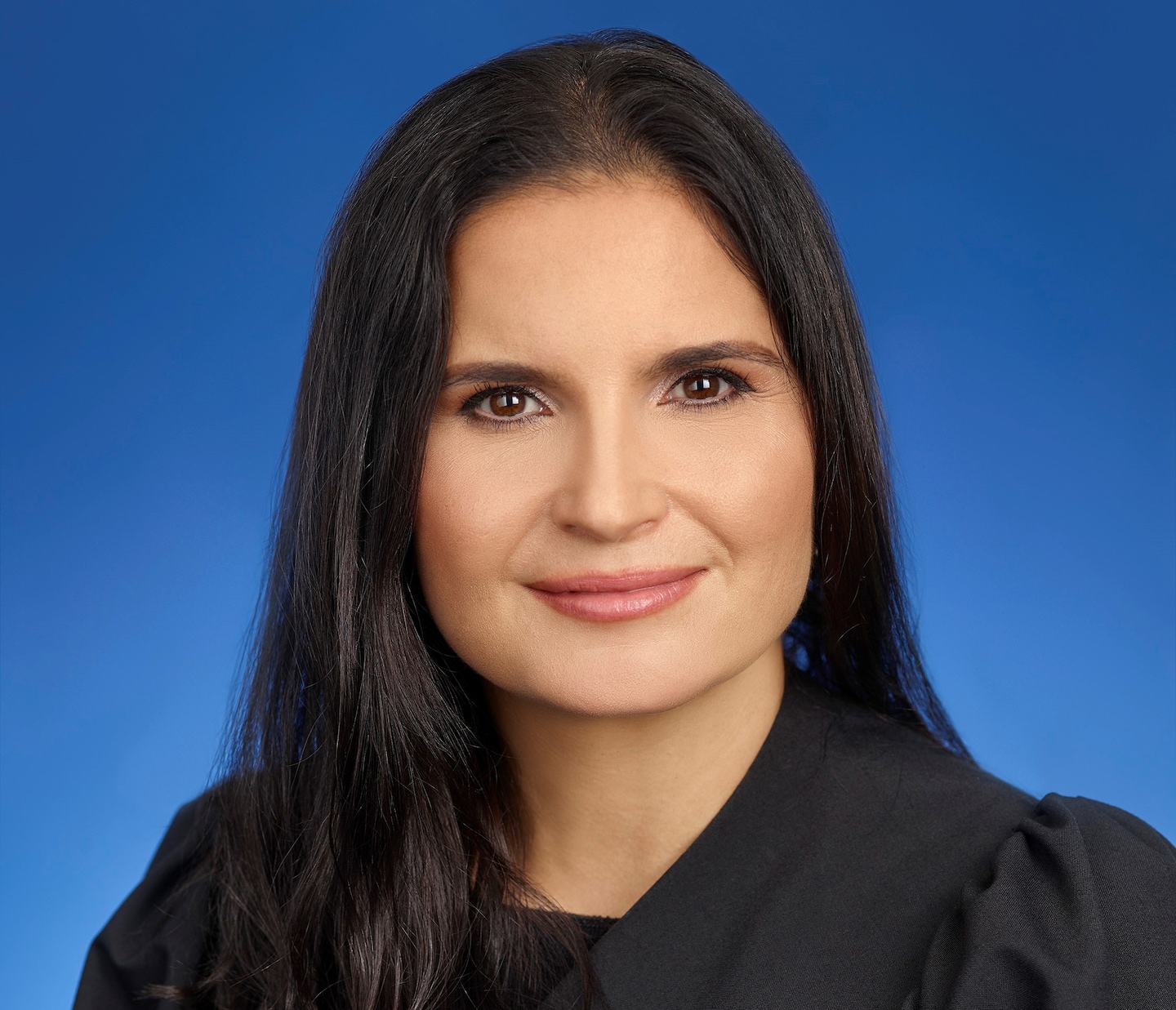The former president, who is the presumptive Republican challenger to President Biden in the November election, is seeking to suppress much of that evidence by arguing that the search warrant was faulty.
As part of her ruling, Cannon also said Trump’s defense lawyers were entitled to a hearing on whether prosecutors had misused statements by one of Trump’s former lawyers.
Cannon said she would shortly issue a separate order on when she will hear those issues in court.
Trump campaign spokesman Steven Cheung praised the decision, calling Cannon a “highly respected” judge and saying the Justice Department has mistreated Trump. “The entire documents case was a political sham from the very beginning, and it should be thrown out entirely,” Cheung said.
Attorney General Merrick Garland, at an unrelated news conference, said politics play no role in the decisions of Justice Department prosecutors.
“The idea that politics infects our prosecutions — nothing could be further from the truth. We follow the facts, we follow the law … that’s what the Justice Department has always done,” he said.
Trump lawyer Emil Bove argued at hearings this week that an FBI agent’s affidavit providing probable cause for the search of Mar-a-Lago was too vague, particularly where it used the phrases “national defense information” and “presidential records” to describe the type of documents being sought. Cannon found that argument reasonable, and sufficient justification for an evidentiary hearing.
Special counsel Jack Smith had insisted that no further hearings on the subject were necessary because the search warrant and affidavit were exceedingly carefully written, and Trump was given the additional — and highly unusual — consideration of having a letter from Trump’s lawyer also submitted to the magistrate judge who approved the search warrant.
Smith had also argued against a hearing to delve further into the attorney-client privilege claims by Trump, who is seeking to prevent prosecutors from using at trial a series of audio notes made by Evan Corcoran, who worked as Trump’s lawyer on the documents issue.
A federal judge in Washington had previously ruled that Corcoran’s account could be used as evidence in the case because of the crime-fraud exception to attorney-client privilege, which allows the use of communications that may have been made in furtherance of a crime. Cannon said Thursday that she, as the judge overseeing the indictment in Florida, had to make her own determination.
She rejected one Trump demand in her order: a request for what lawyers call a Franks hearing, over whether the FBI agent made any false claims when swearing out an affidavit for the search warrant. On that score, Cannon ruled that Trump’s lawyers failed to meet the legal standard for making such a claim.
At the hearings these week, prosecutors lost patience with both the defense arguments and, at one point, the judge herself.
The classified documents trial was initially scheduled to begin last month, but Cannon has charted a slower course, with hearings that explore the particulars not just of how prosecutors and agents investigated the case but of how special counsels are appointed and funded — to the frustration of special counsel Smith and his team.
#Judge #Cannon #orders #hearing #Trump #challenge #MaraLago #search,
#Judge #Cannon #orders #hearing #Trump #challenge #MaraLago #search
